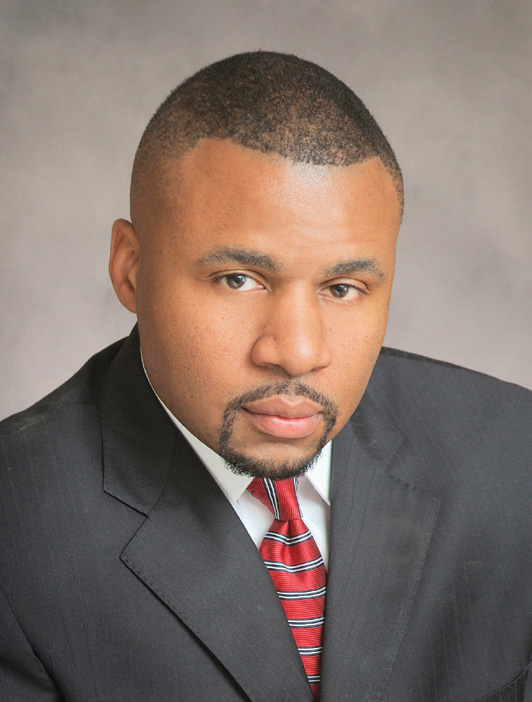Getting to the Right Answer Starts with Asking the Right Questions
I was recently interviewed by a local urban newspaper following the tragic shooting of 17 students and educators at Marjory Stoneman Douglas High School in Parkland, Florida. The first question was, “What can schools do to stop a shooter who comes to their school?” Whether the journalist just phrased the question badly or was resolved that this is a new reality – the question hit me the same. How to stop a shooter when they’re at a school is the wrong question to ask. After calmly responding “nothing,” I explained to the journalist that if a distraught individual is able to arm themselves with an AR-15 automatic rifle and desires to use that on school grounds, it is very likely that unnecessary casualties would follow.
The question we should be asking is: “What can we do to impact the factors that lead to such a horrific act of violence?”

